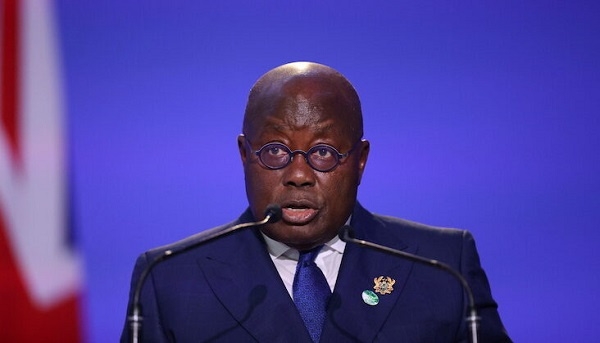
Business activities at weakest growth since January – Stanbic Bank PMI

Business activity in the country has experienced its weakest growth since the beginning of the year according to the June edition of the Stanbic Bank Ghana Purchasing Managers’ Index (PMI).
The report indicates a general decline in business activities within the private sector after a strong performance in the first part of the year.
“Although business conditions in the Ghanaian private sector continued to improve in June, the rate of growth moderated from the sharp pace seen in the previous month. Output, new orders and employment all rose at weaker rates than in May. Meanwhile, there were signs of inflationary pressures increasing, with both input costs and output prices rising more quickly over the month,” the report stated.
The Stanbic Bank PMI posted 52.7 in June, signalling a solid monthly improvement in business conditions for Ghanaian companies but down from 55.8 in May. That said, the reading pointed to the weakest strengthening in the health of the private sector since January. This notwithstanding, the report notes that operating conditions have now improved in each of the past 29 months.
Despite the slow rate of growth, companies responded to the relatively higher input costs by raising their output prices, the second successive month in which this has been the case. Customer numbers and new rising orders were behind the increase in new orders and higher activity.
Speaking on June’s survey findings, Phumelele Mbiyo, Head of Africa Research at Standard Bank said: “The PMI is still showing that the private sector is growing, having done so for 29 consecutive months. Businesses surveyed indicated that customer numbers and new orders were increasing, as were workloads, inventories and employment levels. Nonetheless, the drop in the PMI to 52.7 in June from 55.8 in May illustrated that the pace of growth decelerated. It is noticeable that there was some increase in inflation pressures. Staff costs accelerated, one set of factors precipitating the increase in inflation pressures. Input costs also rose in the month, with respondents attributing such an increase to the depreciation of the cedi and higher fuel prices. The PMI is broadly consistent with macroeconomic data that shows the economy growing strongly. The hint of pricing pressures indicated by the survey results might be confirmed by a deceleration in the pace of decline in actual consumer price inflation.”
Worst hit in the month under review were consumers; purchase prices increased remarkably due to higher fuel costs and a depreciation of the cedi against the US dollar. In the last 22 months, prior to the month of June, the companies also saw rising workloads which led to an increase in their staffing levels.
In response to the business conditions in the month of June, companies raised their output prices, the second successive month in which this had been the case; nonetheless, the rate of inflation remained modest. The report, however, says that there are signs of inflationary pressures returning at the end of the second quarter.
The Stanbic Bank Ghana Purchasing Managers’ Index is based on data compiled from monthly replies to questionnaires sent to purchasing executives in approximately 400 private sector companies, which have been carefully selected to accurately represent the true structure of the Ghanaian economy, including agriculture, construction, industry, services and wholesale and retail. The panel is stratified by GDP and company workforce size. Survey responses reflect the change, if any, in the current month compared to the previous month based on data collected mid-month.






